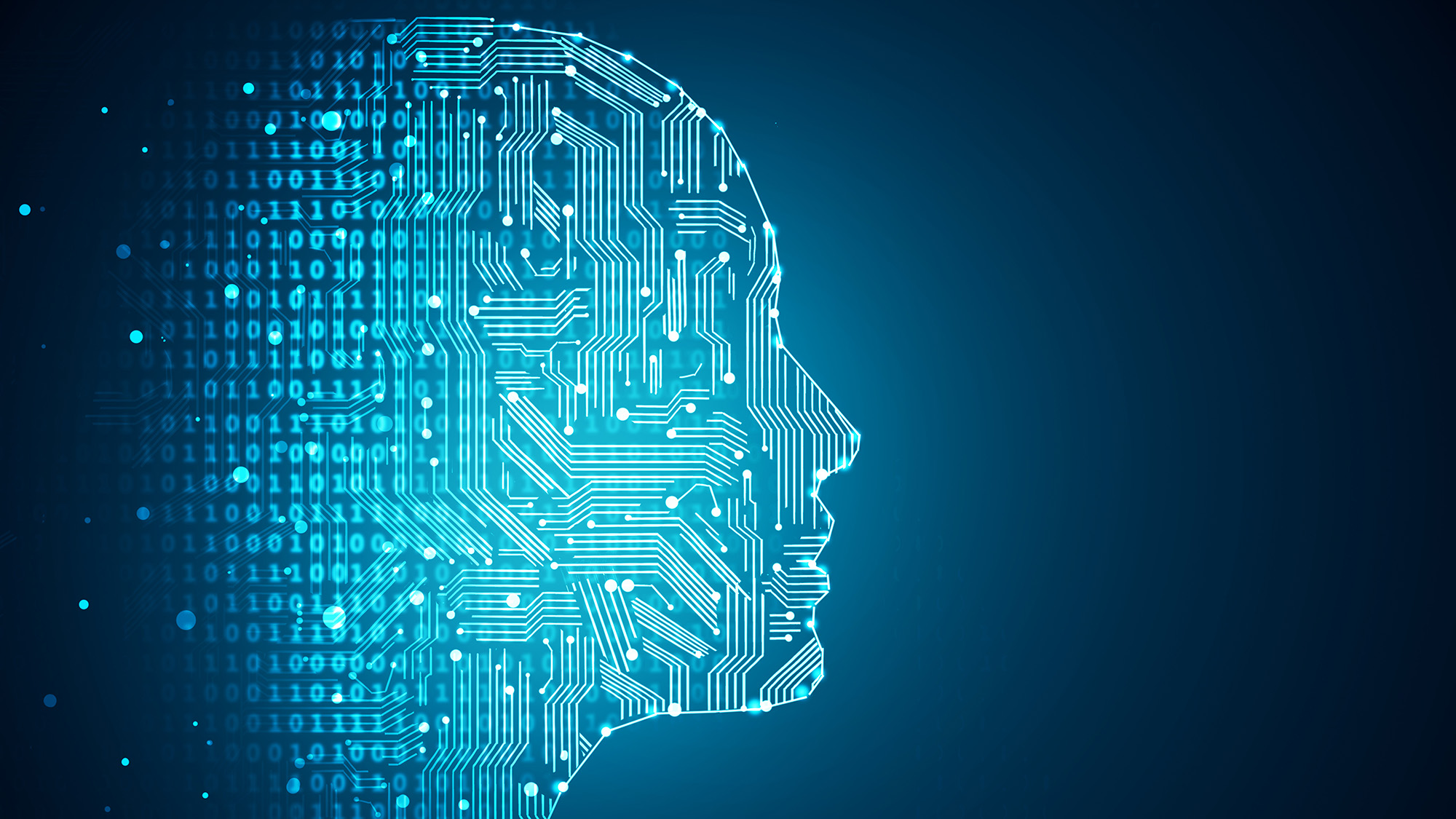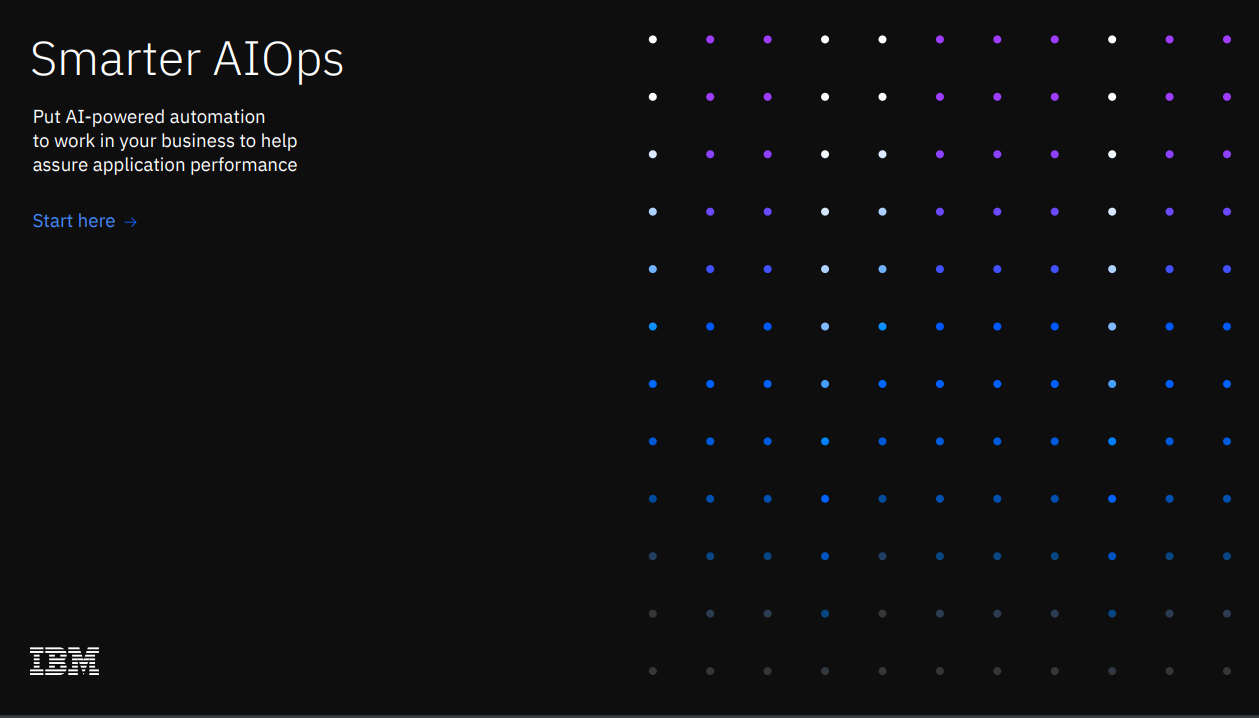IDC expects spending on AI to increase by a fifth in 2022
The fastest growth will be seen in AI services, followed by AI software and hardware

The global artificial intelligence (AI) market is projected to grow by almost a fifth to reach $432.8 billion in 2022, according to a new report from IDC.
The analyst firm expects spending on AI to increase by 19.6% this year, which includes spending across hardware, software, and services.
According to IDC, of the three technology categories, AI software spending will decrease marginally in 2022 as spending for AI hardware and services continue to rise. This trend is expected to continue into 2023.
With a CAGR of 22%, AI services is set to achieve the fastest spending growth over the next five years, while AI hardware will grow at a rate of 20.5%.
"AI remains a key driver of IT investment, which in turn boosts spending on related services to ensure sustainable adoption at scale," said Jennifer Hamel, research manager of analytics and intelligent automation services at IDC.
"Client demand for expertise in developing production-grade AI solutions drives IT services expansion, while the need to establish the right organization, governance, business process, and talent strategies spurs spending on business services."
The market share of AI hardware grew by 0.5% compared to software and services in the first half of 2021. In 2022, it is expected to reach 5% market share with year-over-year growth of 24.9%.
Sign up today and you will receive a free copy of our Future Focus 2025 report - the leading guidance on AI, cybersecurity and other IT challenges as per 700+ senior executives
RELATED RESOURCE

Additionally, the AI storage market grew at a faster pace that the AI server market in the first half of 2021. AI server, however, is expected to experience 26.1% growth in 2022 compared to AI Storage, which will grow 19.7%.
Overall AI services spending is expected to reach $52.6 billion in 2025, according to IDC.
"Of all the spending in the various AI market segments, AI Hardware is by far the smallest," said Peter Rutten, research vice president of performance intensive computing at IDC.
"What this should tell organizations is that nickel-and-diming purpose-built hardware for AI is absolutely counterproductive, especially given the fast-growing compute demand from increasing AI model sizes and complexities," added Rutten.

